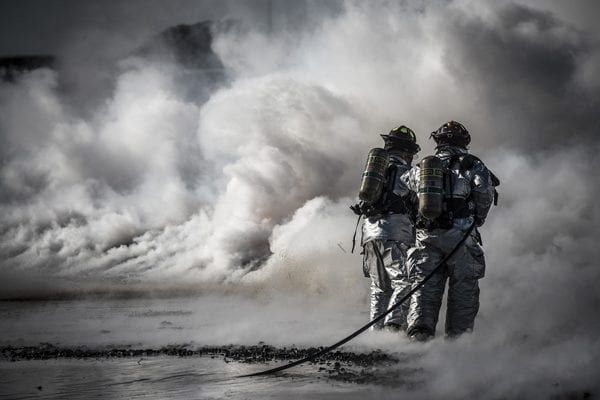If you have worked in any capacity in the oilfield industry, you are likely well aware of the thousands of federal, state and local regulations affecting these businesses. Between environmental and safety regulations, there are stacks of laws and rules that you must adhere to if you want to stay in operation.
While the regulations can be complex and sometimes frustrating, we’d like to take a closer look at some of the most important regulations that you need to understand.
Important Regulations Affecting Your Oilfield Operations
On-Site Safety Regulations
Oilfields can be dangerous areas full of a wide variety of hazards. To make sure you keep your employees and contractors as safe as possible, keep these on-site oilfield safety regulations in mind.
Vehicle Safety
Most oilfields have hundreds of cars coming in and out of the site, so maintaining vehicle safety is just as important in oilfields as it is on public highways, if not more. According to OSHA, vehicle collisions are the leading cause of fatalities among oil extraction workers. Because of this, you must be sure your oilfield operations involve work zone traffic safety, motor vehicle safety and appropriate vehicle-related training.
Explosions and Fire

Providing your team with the necessary training is not only required, but can help you to avoid deadly mistakes.
Fires and explosions are significant hazards for oilfield workers. Flammable vapors and liquids can create serious danger for your employees, so you must recognize and control factors like well site ignition, static electricity and other hazards.
Falls
Falling is another concern for oilfield workers. Many oilfields use ladders and high-rising platforms, which can create life-threatening conditions for employees. According to safety regulations, you must make sure you are implementing fall protection measures and prevention training for your workers.
Electrical Hazards
If equipment is not installed or used properly, workers can be exposed to electrical hazards, as well as energy from mechanical or hydraulic sources. Regulations state that oilfields must use proper lockout/tagout procedures and implement appropriate safety measures.
CDL Drivers’ Hours of Service Oilfield Exception
Anyone with a commercial driver’s license has to follow highly-regimented guidelines for driving hours. But these hours are eased slightly for drivers working in the direct service of an oilfield. According to JJ Keller, a national workplace safety company, a driver working for an oilfield only has to take 24 hours off after meeting their maximum driving hours, as opposed to a required 34 hours off for most over-the-road drivers. There are also variations that change the “on duty” specifications time for oilfield drivers. Essentially, some drivers in some conditions don’t have to record time waiting at a drilling site as “on duty” time.
Clean Air Act
While most people assume that any environmental regulation will negatively impact the oil industry, this is far from a universal truth. In fact, some argue that certain regulations actually enhance the environment and the energy industry at the same time. The Clean Air Act, for example, has helped the gas drilling industry according to Investopedia.
This is because gas drilling companies have been required to capture natural gas that escapes into the air. This gas can actually be sold at a profit, rather than being wasted into the air. As Investopedia explains it, the revenues from this effort have exceeded the cost for regulatory compliance.
Environmental Impact Assessment Requirements
There are also regulations involving the need for environmental impact studies before you drill. These regulations and the specifics of the study will change depending on where you live and the location of your oilfield, but be prepared for rigorous regulations in this regard.
Build Your Long-Term Success with Scale Funding
If you want assistance with financing your oilfield work, contact Scale Funding today. While you must make the effort to understand the important regulations affecting your oilfield operations, we can provide the financial resources you need to implement comprehensive measures while we provide you the cash flow you need to stay profitable.
About Scale Funding
Scale Funding is an invoice factoring company serving businesses across the United States. For more information on factoring, call (800) 707-4845 for a free, no-obligation consultation and quote.
RESOURCE CENTER
Learn More About Oilfield
Oil & Gas Business Insurance Requirements: What Owners Must Know in 2025
Working in the oil and gas industry brings unique exposures, from drilling rigs and heavy equipment to pipelines, transport fleets…
Maintaining Cash Flow When Oil Prices Are Low
The oil and gas industry often faces ups and downs. Sudden drops in oil prices, geopolitical shifts, and market saturation…
Accounts Receivable Financing: Boost Cash Flow and Business Growth
Accounts Receivable Financing, also known as invoice factoring, helps businesses unlock working capital by turning unpaid invoices into immediate cash.…


